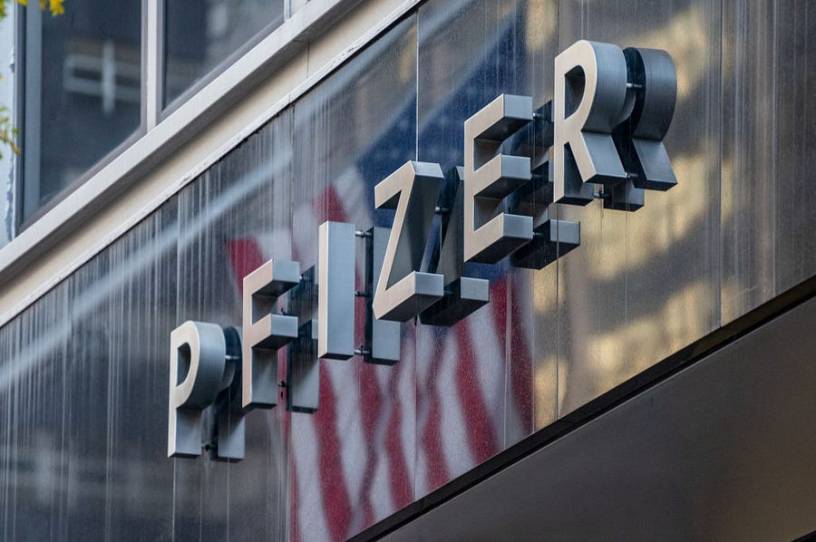Is the South African COVID Variant More Resistant to the Pfizer Vaccine?

A recently published study from Tel Aviv University made headlines over the weekend for finding that a variant of coronavirus discovered in South Africa may be more resistant to the Pfizer/BioNTech vaccine. The study is not yet peer-reviewed. The study was featured on news websites with headlines saying the variant “may evade protection from the Pfizer vaccine,” that it “can ‘break through’ [the] vaccine,” and that “Pfizer Can’t Stop [the] Africa (sic) Strain.”
The study identified 792 individuals who had tested positive for coronavirus, dividing them into two groups: 396 who were unvaccinated and 396 who had been vaccinated at some point within two weeks before their positive test. The vaccinated group was then further subdivided, with 149 who had received their second vaccine dose at least seven days prior—the “full effectiveness” (FE) group—and 247 who had received their first dose at least 14 days prior or their second dose fewer than seven days prior—the “partial effectiveness” (PE) group.
The study did find that the South African variant (B.1.351) occurred at a disproportionately higher rate in the vaccinated group than in the unvaccinated group—9 infections to 2 infections respectively—though the United Kingdom variant (B.1.1.7) made up the vast majority of infections in both groups—355 infections to 344 respectively. The other infections came from the original “wild-type” (WT) variant, with 32 WT infections in the vaccinated group and 50 in the unvaccinated group. It’s worth noting that within the vaccinated group, the South African variant was found more in the group that had been fully vaccinated—eight infections out of 149—than the PE group—one infection out of 247.
The study states that “it is still possible that other confounding effects were present and were not controlled for, i.e. behavioural effects among vaccinees.” It is possible, for example, that vaccinated individuals feel safer engaging in non-socially distanced activities, placing them at higher risk of being exposed to the less-common South African variant of COVID.
Regardless of confounding variables, this study does not speak to the overall efficacy of the Pfizer vaccine against these variants, since it does not compare the positive test rate between vaccinated and unvaccinated populations—all of the subjects had tested positive for coronavirus. A true test of vaccine efficacy would compare the rates of infection between unvaccinated and vaccinated groups including uninfected individuals, not just people from both groups who caught the virus.
These findings do suggest that the South African variant may have greater vaccine resistance than other identified coronavirus strains, but that doesn’t mean the Pfizer vaccine doesn’t offer protection against it: In a Twitter thread, one of the study’s co-authors, Dr. Adi Stern, noted that while individuals who get vaccinated may be vulnerable for a few days after the vaccine, there were “no B.1.351 cases 14+ days post 2nd dose.”
Though the University of Tel Aviv study suggests that the South African variant of coronavirus may be more resistant to the Pfizer vaccine, it does not indicate that the vaccine does not offer protection against this new strain of the virus.
If you have a claim you would like to see us fact check, please send us an email at factcheck@thedispatch.com. If you would like to suggest a correction to this piece or any other Dispatch article, please email corrections@thedispatch.com.